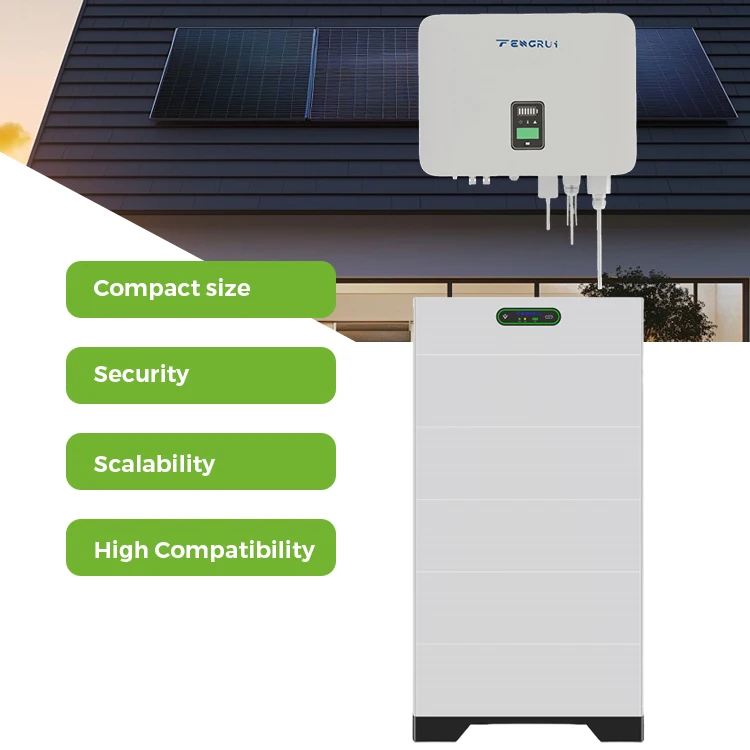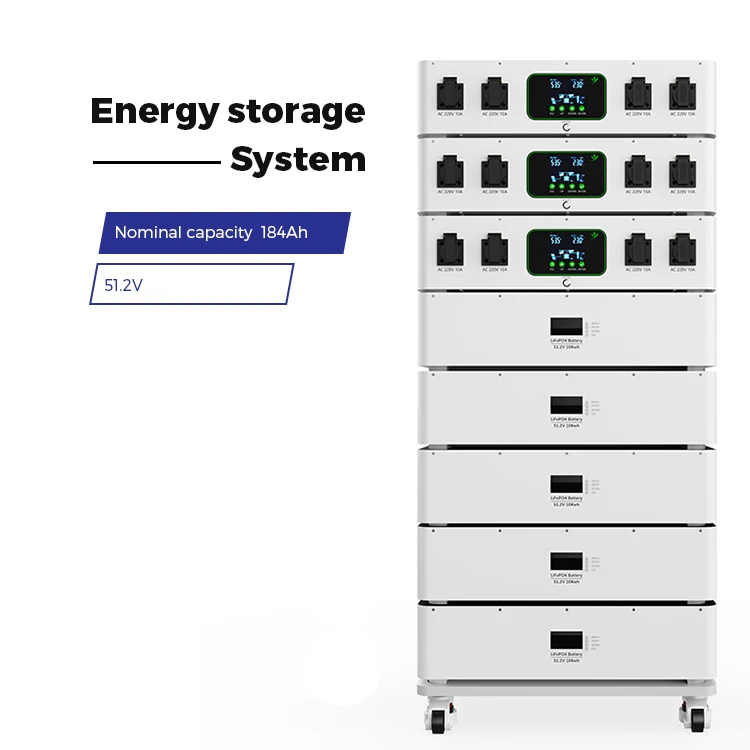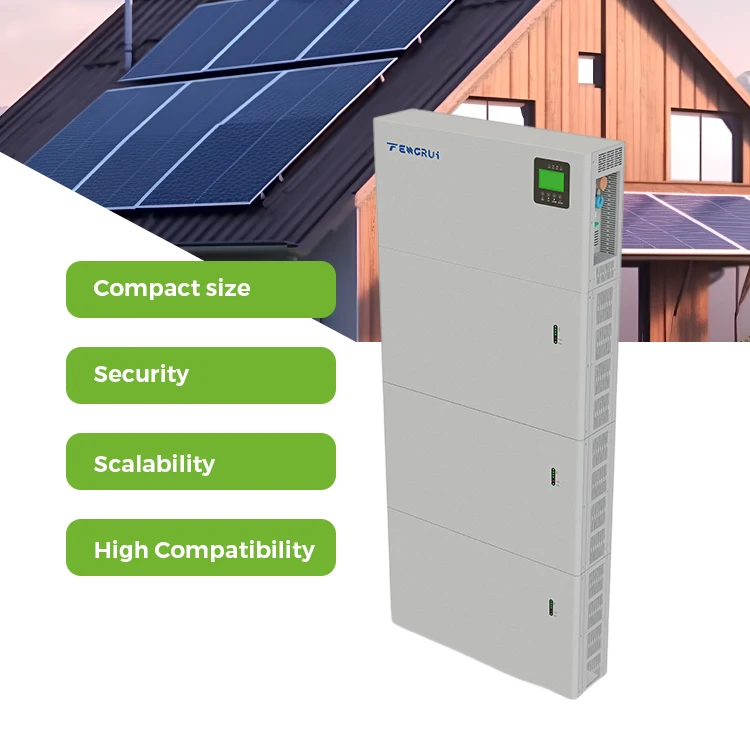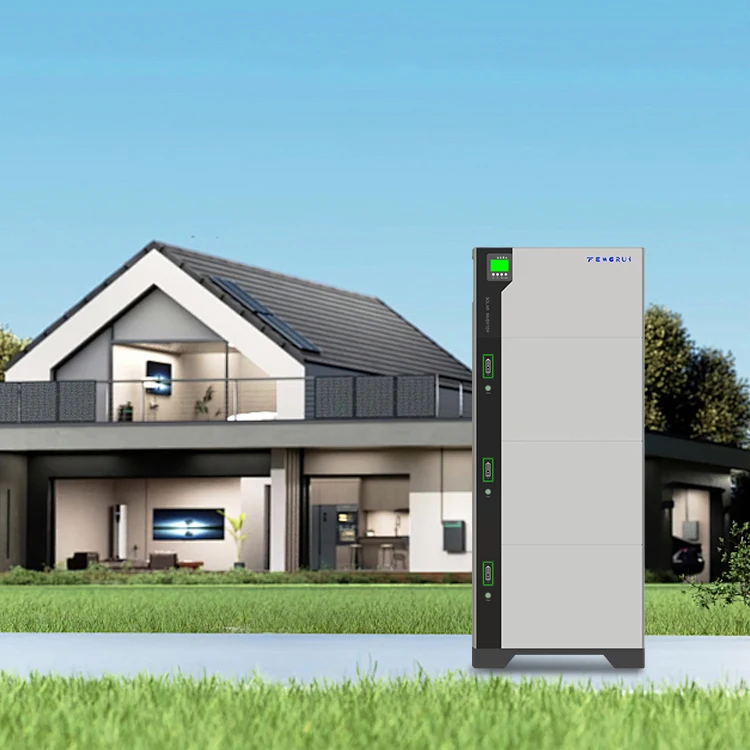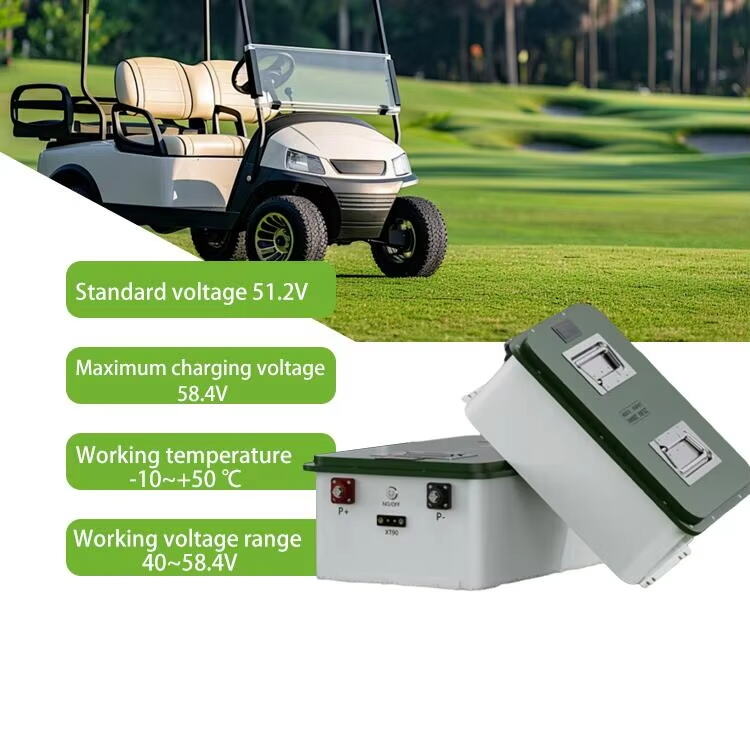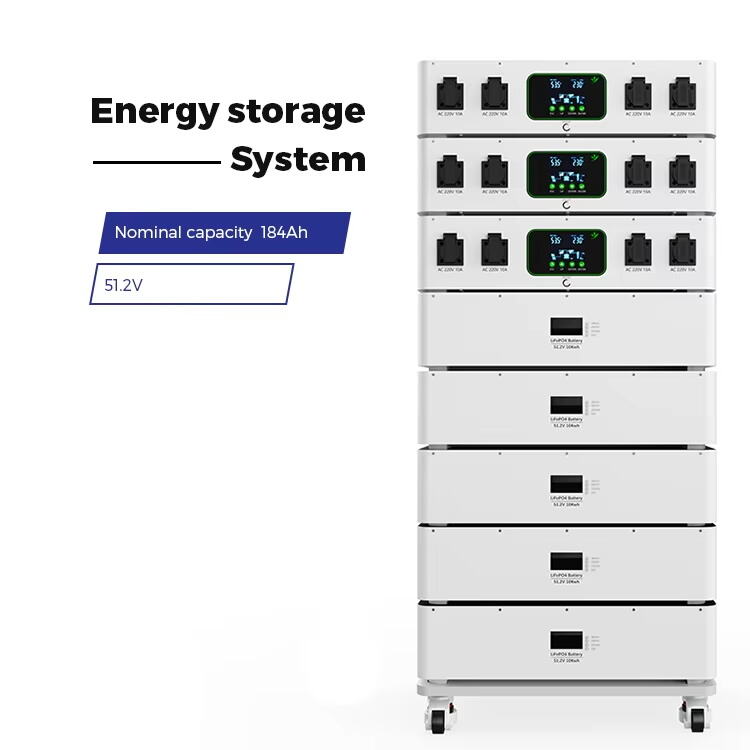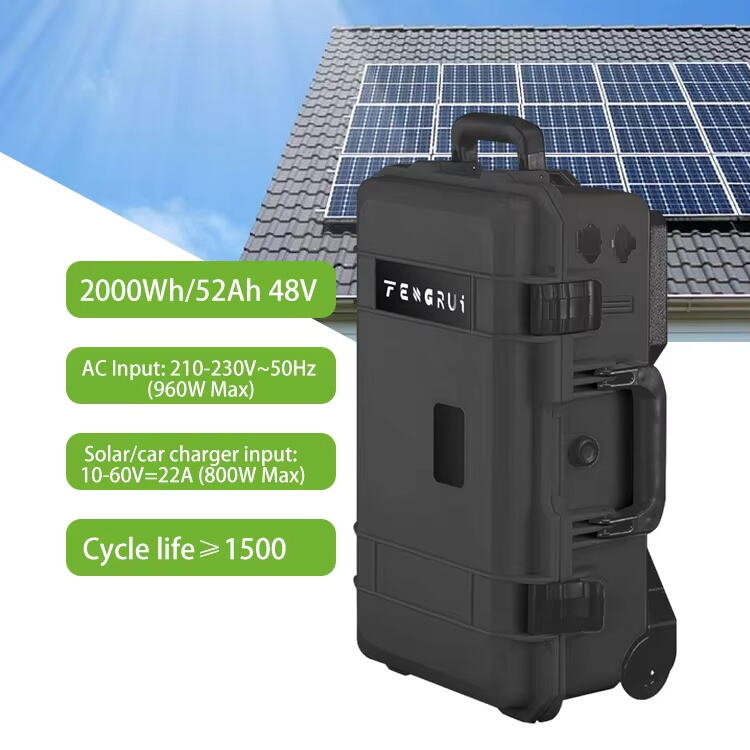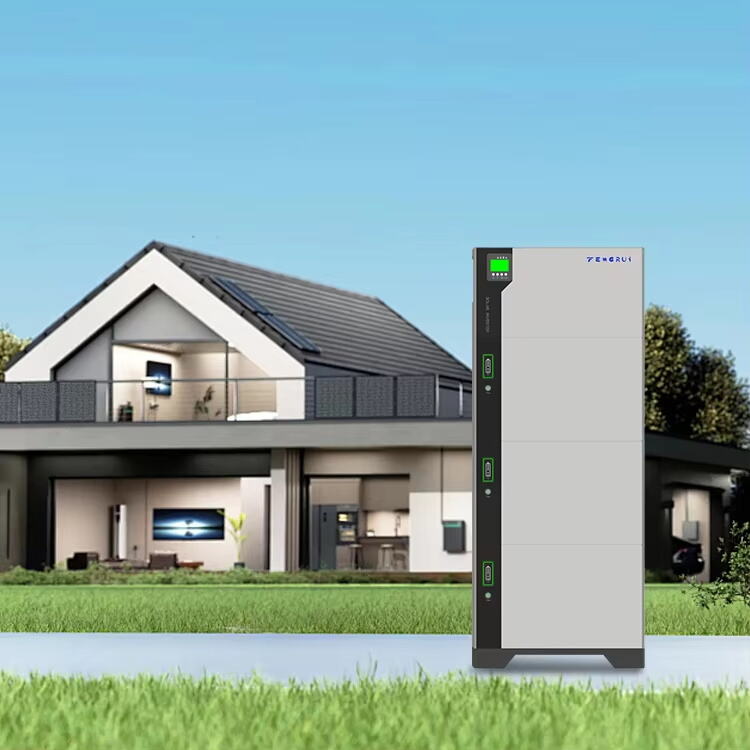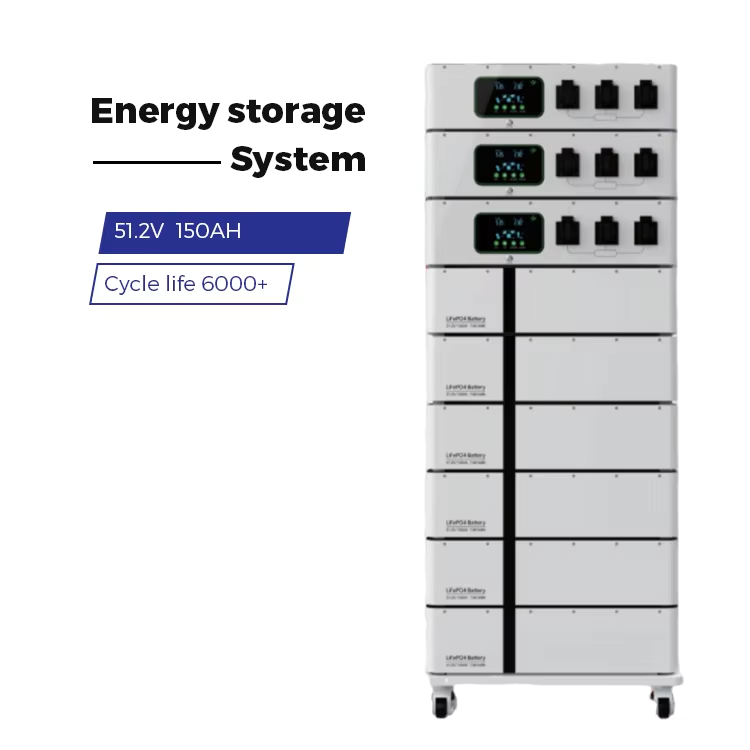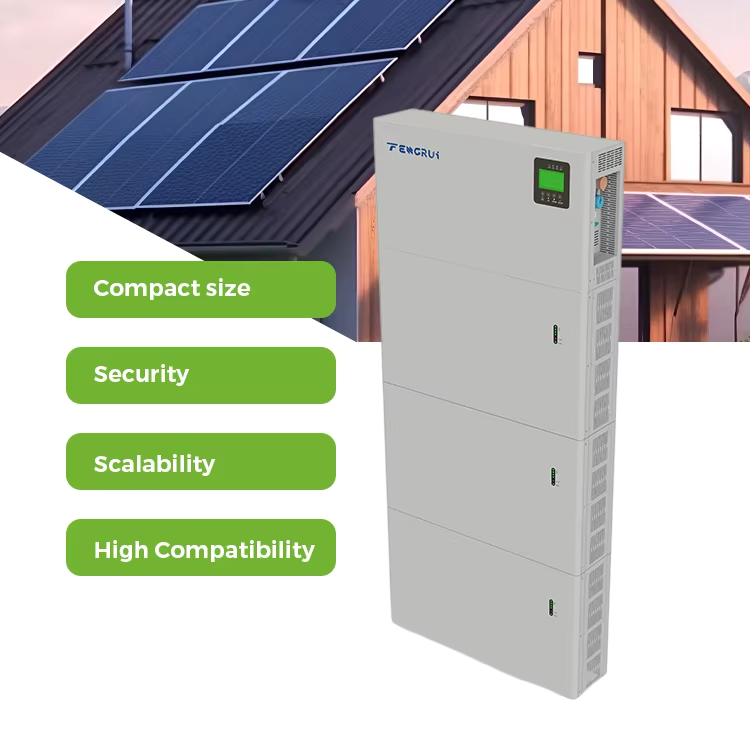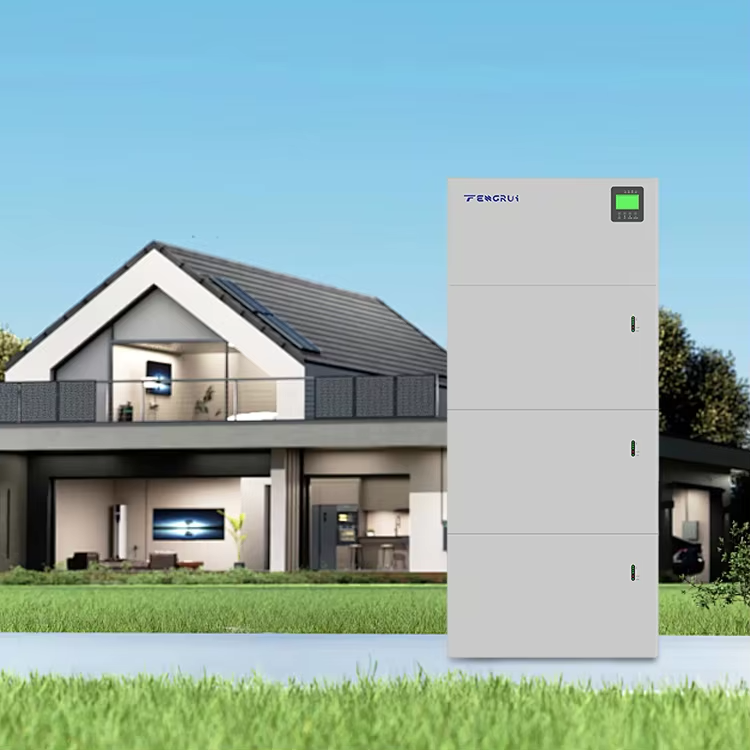commercial solar battery storage
Commercial solar battery storage represents a groundbreaking solution for businesses seeking to maximize their energy independence and sustainability. These advanced systems capture and store excess energy generated by solar panels during peak production hours, allowing businesses to utilize this stored power when needed most. The technology comprises high-capacity lithium-ion batteries, sophisticated power conversion systems, and intelligent energy management software that work seamlessly together to optimize energy usage. These systems can be scaled to meet various commercial needs, from small retail establishments to large industrial facilities, providing reliable backup power during grid outages and enabling peak shaving capabilities to reduce demand charges. The integration of smart monitoring systems allows real-time tracking of energy production, consumption, and storage levels, enabling businesses to make informed decisions about their energy usage patterns. Commercial solar battery storage systems typically feature modular designs for easy expansion, thermal management systems for optimal performance, and advanced safety protocols to ensure reliable operation. They can be configured to participate in demand response programs, creating additional revenue streams while supporting grid stability.

